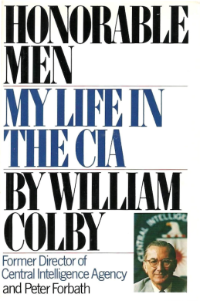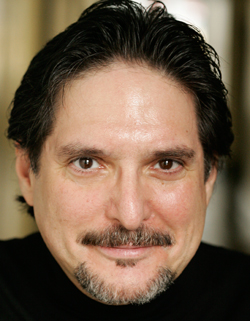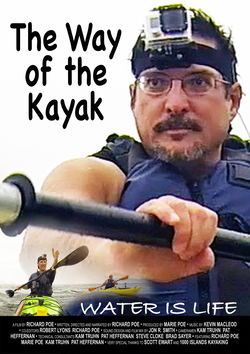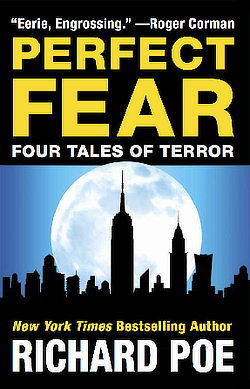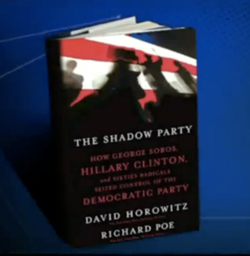Courage is a Decision, says CIA Chief William Colby
|
by Richard Poe Wednesday, April 29, 2020 12:41 pm Eastern Time |
Archives Comments |
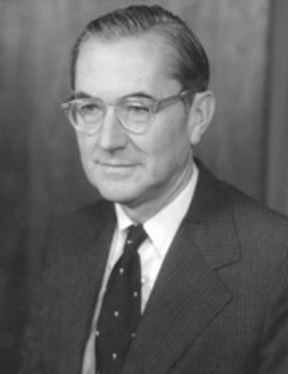
IN MY RECENT DISCUSSION of Dylan’s new song, “Murder Most Foul,” I raised the question of courage.
What is it exactly?
Former CIA Director William Colby says courage is a choice.
It’s a decision to embark upon a dangerous course of action, regardless of the risks.
When faced with such turning points in our lives, we can decide to be courageous. Or not.
Colby knew about courage.
As a young man, during World War II, he led teams of paratroopers behind German lines, as part of Operation Jedburgh, a joint effort with the British.
Twenty-four-year-old Colby was trained in what he called the “dark arts” of covert action, including “the secrets of silent killing.” (1)
Parachuting into France and Norway, young Colby helped resistance fighters blow up bridges and harass German forces.
He was awarded the Bronze Star, the Silver Star, the French Croix de Guerre and the Norwegian St. Olaf’s Medal. (2)
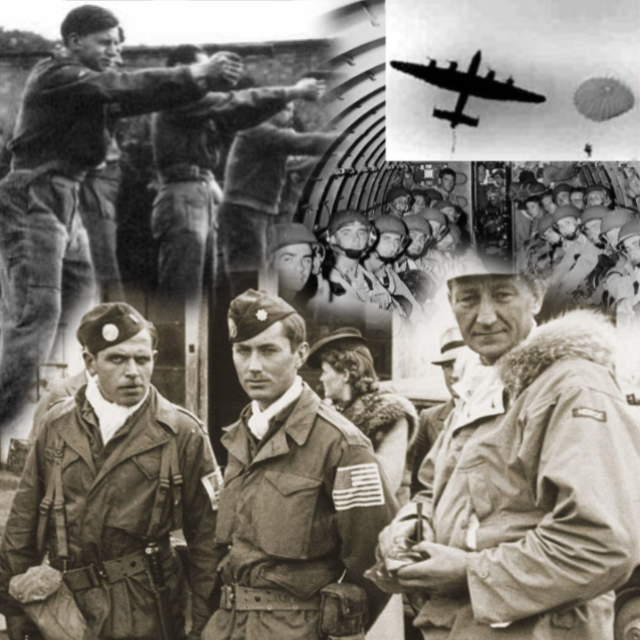
In his autobiography, Honorable Men, Colby remarked that his most courageous act did not take place on the battlefield, but rather in the “tranquility of an office,” on the day he volunteered to join the Jedburghs. Colby wrote:
I have often felt that the true act of heroism occurs when a person volunteers for a dangerous mission in the first place. Later on, when the mission itself is underway, all sorts of irresistible factors come into play that require a man to behave bravely, independently of his will, very often without a second thought—peer pressure, instinct for survival, or solidarity with comrades in dangerous circumstances. But in the tranquility of an office, before any of these factors begin to have any force, a man does measure his courage and decide whether he is willing to risk his life and why. (3)
When Colby volunteered for the Jedburghs, he knew nothing about them except their standard recruitment formula:
Wanted: Volunteers for immediate overseas assignment. Knowledge of French or another European language preferred; Willingness and ability to qualify as a parachutist necessary; Likelihood of a dangerous mission guaranteed. (4)
In some ways, Colby was making a blind decision, even an uninformed one. But, for the rest of his life, he remembered that decision as his greatest act of bravery.
The moral of the story?
Take a leap of faith. Choose courage.
The rest will sort itself out.
FOOTNOTES
1. William Colby and Peter Forbath, Honorable Men: My Life in the CIA (New York: Simon & Schuster, 1978), 36
2. Honorable Men, 1978, 52-53
3. Honorable Men, 1978, 35
4. “Surprise, Kill, Vanish: The Legend of the Jedburghs,” cia.gov, December 17, 2015


